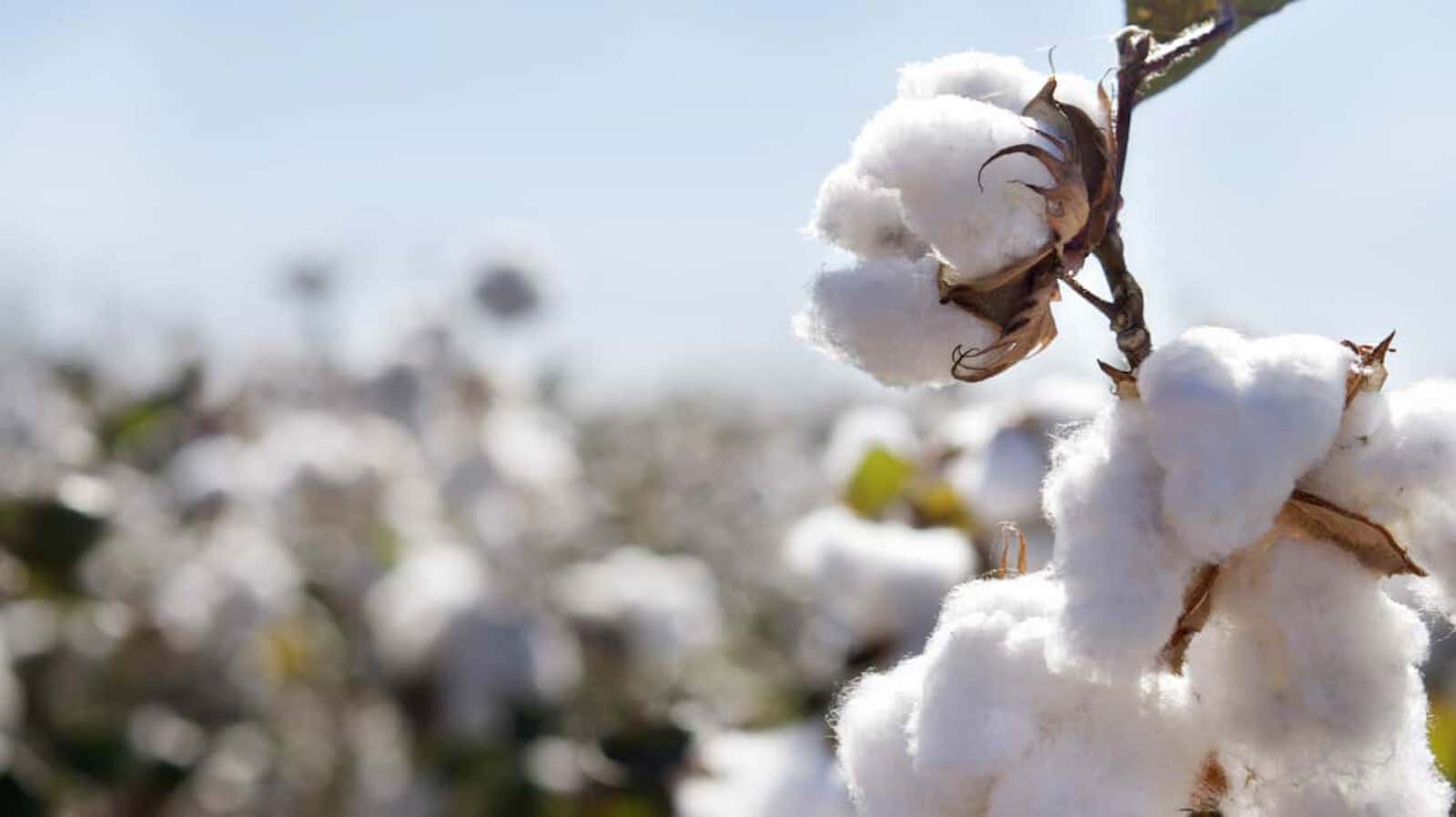Textile Exchange is a global non-profit driving positive action for climate change across the fashion and textile industry. Guiding and supporting a growing community of brands, retailers, manufacturers, farmers, and others committed to climate action toward a more purposeful production right from the start of the supply chain. “We believe in materials sourcing that respects our planet, its ecosystems, and its communities.”
#traceability #transparency #climateaction #engagement # community #preferredfibers
Meet Dr Kate Riley personally at ISPO Munich 2022
What: GRV Guided Transparency Tour
When: Tuesday, November 29th, 2022 – 11am
Where: GRV Showcase/ Sustainability Hub- Future Lab Hall
Using a strategy called Climate+, focused on not only reducing greenhouse gasses, but also looking at sustainability holistically as well, the Textile Exchange has created a scope focusing on three key areas of impact and opportunity: Soil, Biodiversity and Water. With tools such as the Trackit program businesses can focus intimately on these key issues by mapping supply chains and their certified fibers.
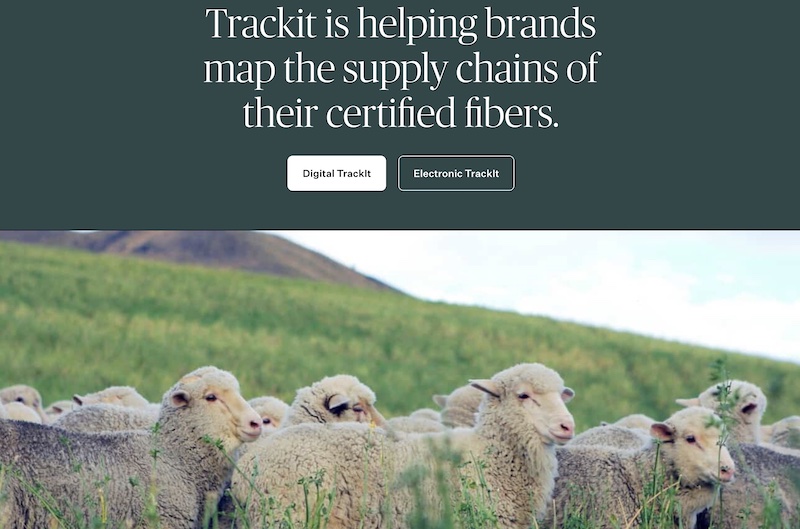
The Trackit(tm) program takes the integrity of Textile Exchange’s standards a step further by increasing the integrity of the custody chain, reducing lead time of the certification data life cycle and the manual handling of data. It allows for tracking of the flow of physical materials at the individual product level, prevents fraud by creation of a closed loop value chain and peer to peer validation. And finally, it integrates forensic physical material authentication with site and transaction verification.
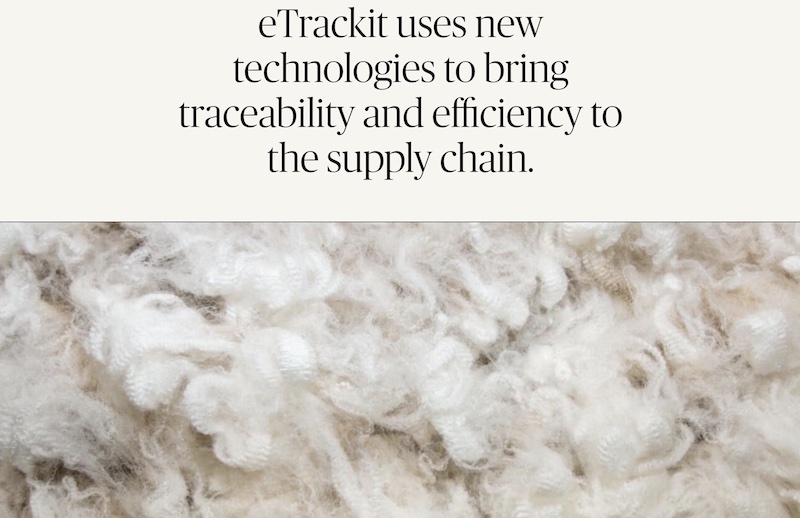
The Trackit program exists in two dimensions, Digital dTrackit and Electronic eTrackit allowing businesses to start the complicated process of mapping the journey of their fibers. Ultimately giving transparency to the processes along the way, and providing clarity on whether or not goals and standards of carbon emissions reduction were respected.
One of the biggest challenges for businesses aspiring to commit to, and progress in, carbon emissions reduction is the complicated journey of tracking certified fibers moving between factories at different stages of the process. Therefore, the Trackit program puts into place stringent Chain of Custody documentation requiring every site handling fibers or transitions between facilities to be certified by third party bodies. Yet, this in itself doesn’t provide the solution, because different geographic regions, countries, etc. offer different certification bodies and standards making supply chain mapping, and standard acquisition complicated.
The Trackit program offers a streamlined standard which improves the integrity and efficiency of sourcing materials throughout the production lifecycle. With compiled information on a digital database, and an electronic token system, traceability no longer provides an issue.
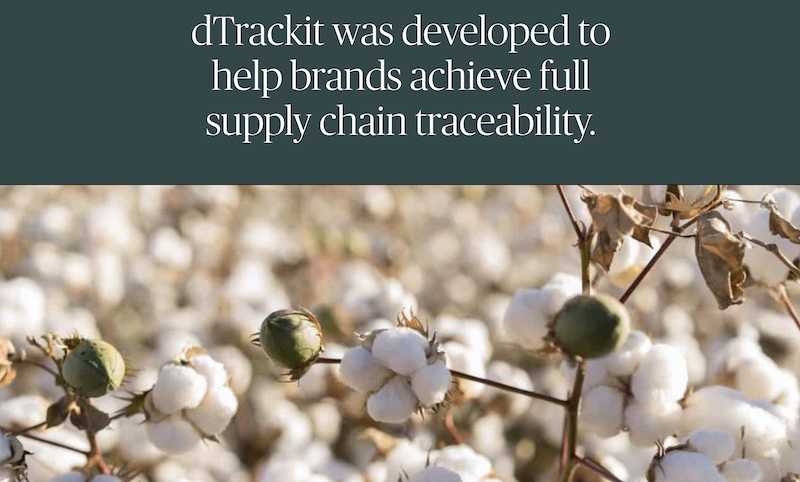
Digital Trackit (dTrackit) allows brands certified to Textile Exchange standards to access their scope certificates, transaction certificates, and traceability data in one central.
Electronic Trackit (eTrackit) uses new technologies to paint a more detailed picture for companies who want it. It tracks the volume of certified materials for each product (rather than the entire transaction) online via tokens. It also integrates physical material verification for additional insurance.
The Trackit program provides Automatic Authentication. By registering with eTrackit, certified organizations are automatically authenticated by the system using their permissible scope, which is derived from the dTrackit, thereafter information is passed onto certification bodies for verification and approval.
Once a site has been registered certified organizations move onto etransaction validation, which authenticates permissible scope, available inventory, as well as coherence to content and standard requirements. Validated etransactions get passed on to for certification bodies for verification and approval.
The final two steps, peer-to-peer validation and forensic testing. Peer-to-peer validation utilizes a virtual inventory system of the seller and move it to the buyer, allowing the buyer to visualize the mapping and traceability of a product they hope to acquire. The final step, forensic testing, allows companies to implement fiber audits at designated points in the supply chain to validate authenticity of information.
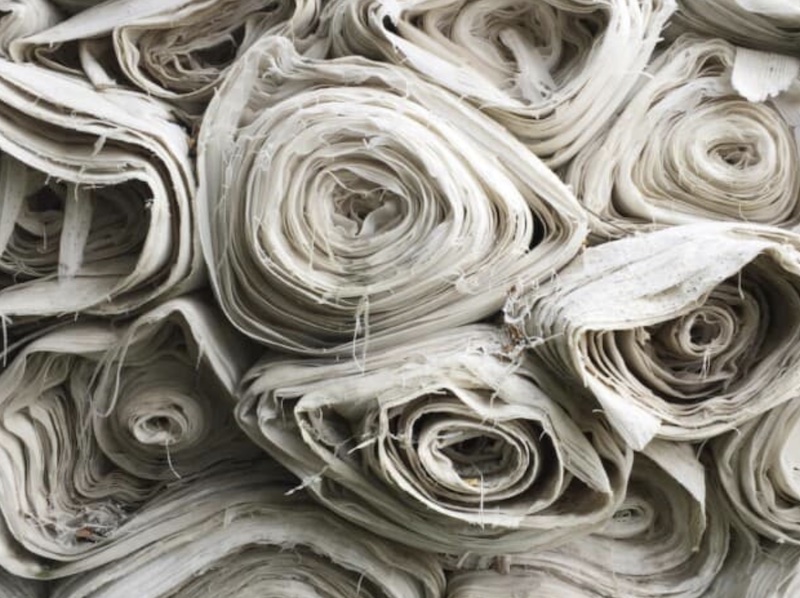
Individual brands need to be certified to use Trackit because they need to be part of the certified supply chain rather than simply receiving information. Brands that are certified up to the final product are eligible to participate in the Trackit program. By aligning with Textile Exchange their Climate+ goals and centralizing data and certifications through Trackit the industry will be able to hold supply chains to a higher standard of environmental engagement therefore helping the fashion industry to get on track towards hitting climate targets and significant carbon emissions reeducations.
Beginning in 2019 eTrackit was piloted with TextileGenesis ™, a pioneering traceability platform for textiles, proposing an alternative traceability mechanism to our Content Claim Standard International Working Group. Collaborative work of ten brands and five certification bodies using eTrackit for our Recycled Content Standard and Global Recycled Standard gives us hope for a commercial release of this platform in 2023.
Textile Exchange’s work encourages responsible stakeholder engagement through reporting, certification, transparency and mapping, thereby reducing risk for businesses within their Tier 4 supply chain, as well as promising progress towards imminent climate goals and the reduction of carbon emissions from the fashion industry.
Textile Exchange focuses on farming, sourcing, and extraction from the earth, plants and animals for the production of materials, producing the clothing we wear to the fabrics in our home. This step is known as Tier 4 in the fiber production supply chain. By gathering, sharing, and certifying data and process, and offering a centralized database of information, significant improvement can be made throughout the supply chain which currently accounts for 24% of the industry’s carbon footprint. Textile Exchange’s work accompanies fashion businesses, by providing detailed information throughout the entire complicated process of fabric production. Thereby encouraging businesses to support and demand best practices in the fiber production industry and giving hope to the goal of reducing carbon emissions from these processes by 45% by 2020.
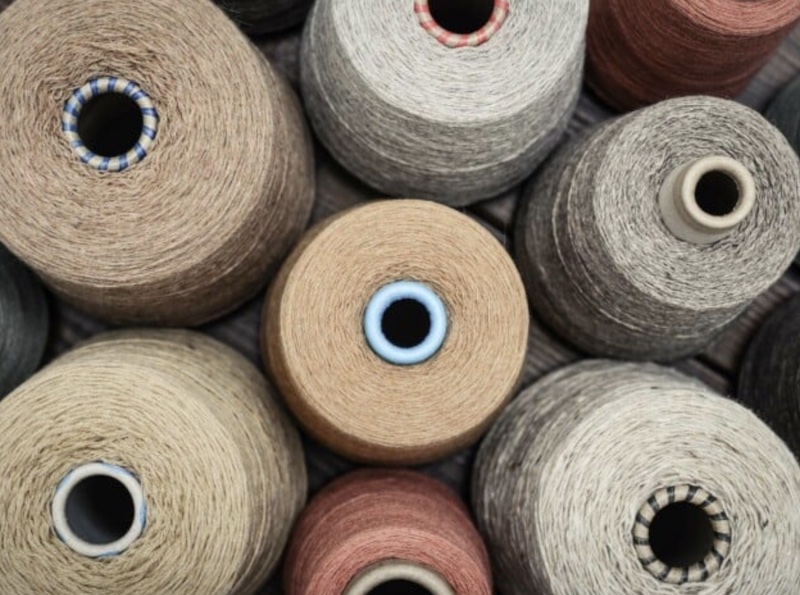
Share your experience and meet pioneers. You can connect with these exhibitors personally:
November 28th, 11 am: 2nd Peak, Bergans, Bluesign, Earlybird Skies, GIZ (Partnership for Sustainable Textiles), lavalan, Südwolle Group
November 29th, 11 am: Bluesign, Iteratif, Mounatin Equipment, myclimate, Sympatex, Textile Exchange, The Outdoor Institute
November 30th, 11 am: Bluesign, Icebug, Globetrotter, Patagonia, Re:Down, VAUDE

